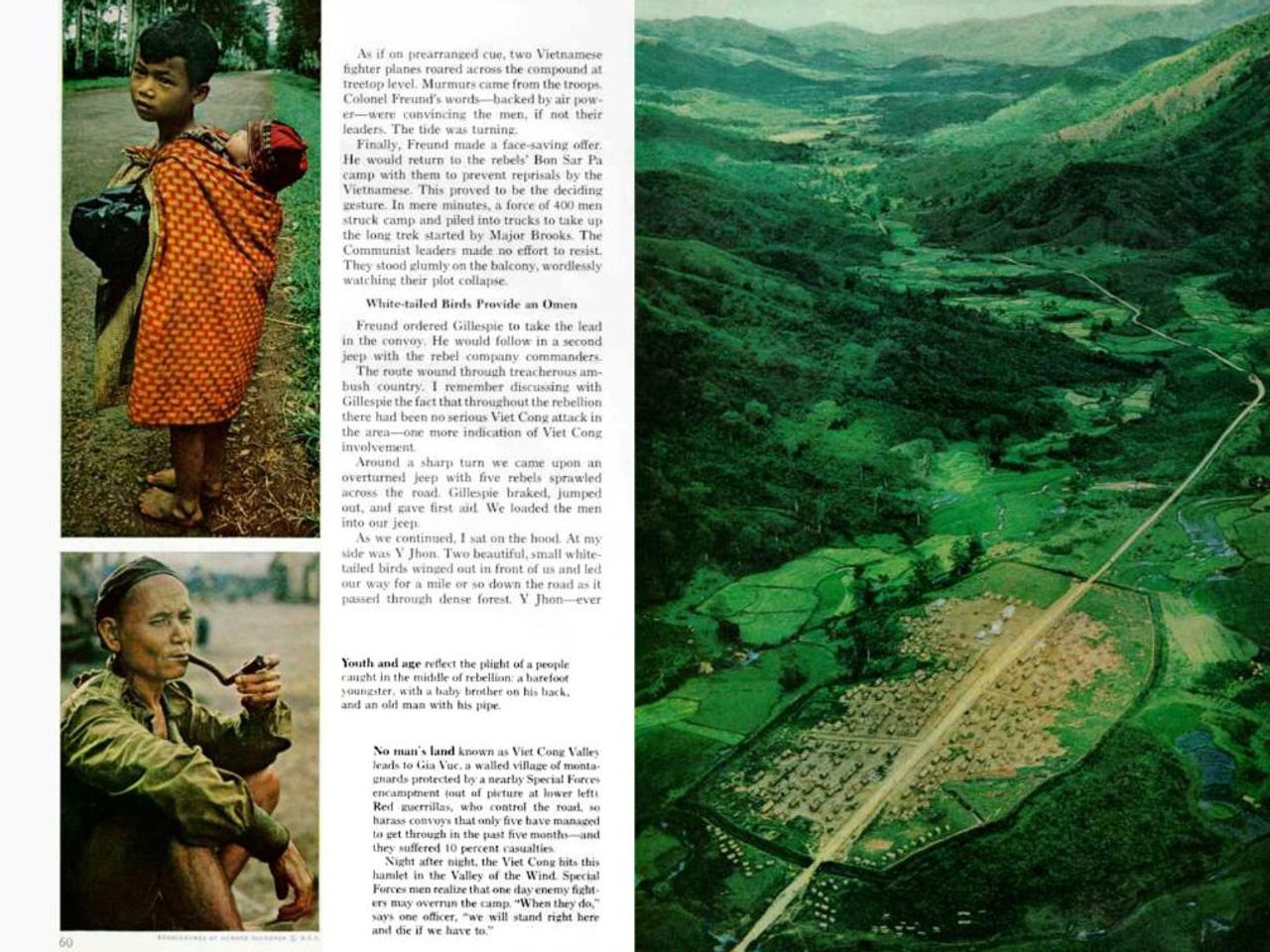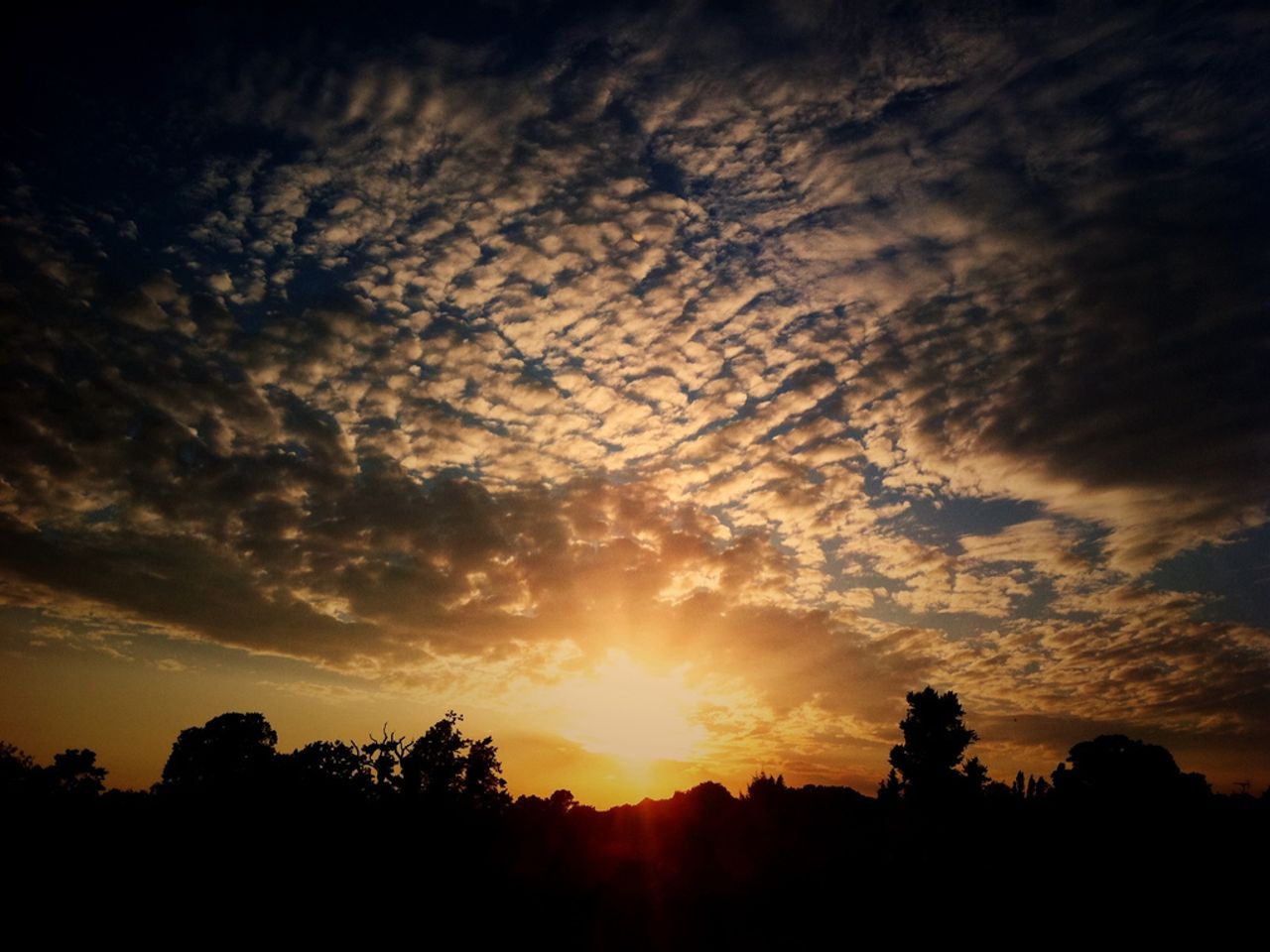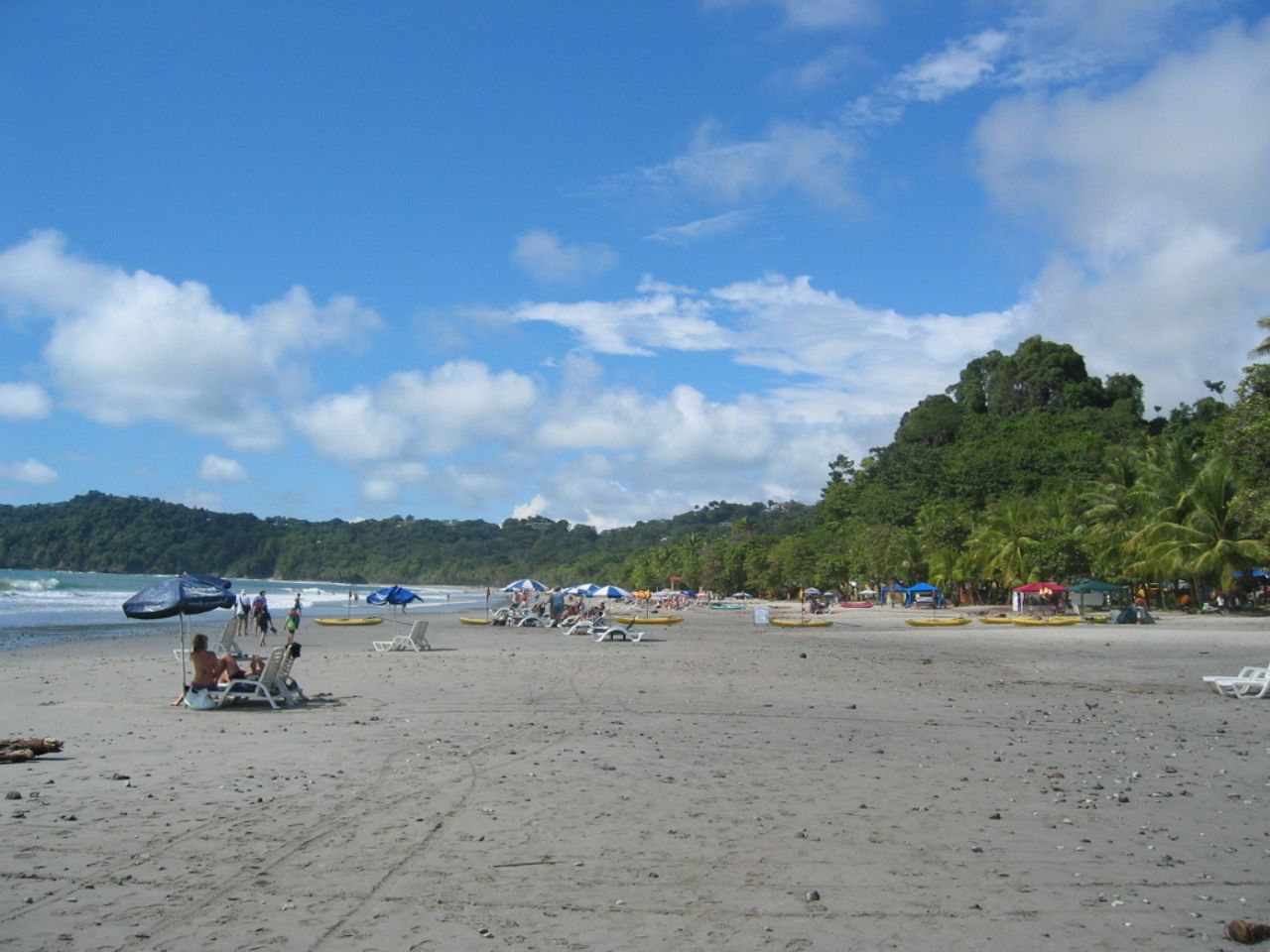"U.S. State Department Spokesperson Endorses Full Support for Indian Prime Minister Modi Following Pahalgam Assault"
In the wake of the horrific Pahalgam terrorist attack on April 22, 2025, which took the lives of 26 innocents, mostly tourists, the US has shown solidarity with India's anti-terrorism efforts while urging caution to prevent the escalation of tensions into a larger regional conflict. Here's a round-up of recent developments and diplomatic conversations:
Current Events
- JD Vance's Statement: US Vice President JD Vance underscored the significance of India's measured response to avoid triggering a regional conflagration, also expressing hope that Pakistan would collaborate with India in tracking down terrorists operating within its borders[1].
- Marco Rubio's Engagement: US Secretary of State Marco Rubio conversed with India's External Affairs Minister S. Jaishankar and Pakistan's Prime Minister Shehbaz Sharif. He emphasized the necessity for Pakistan to cooperate in the investigation and de-escalate tensions between the two nations[1].
- Tensions Escalating: After the attack, India took robust action against Pakistan, including halting the Indus Waters Treaty, expelling Pakistani military attachés, and closing the Attari-Wagah border crossing. Pakistan retaliated with matching measures and suspended the Simla Agreement[1].
- Pakistan's Allegations: Pakistan's government claimed to possess vital intel suggesting India had plans to launch a military assault within the following 24-36 hours, a claim that India has yet to officially verify[2].
Diplomatic Dialogues
- India's Response: Home Minister Amit Shah and Prime Minister Narendra Modi committed to delivering a firm reprisal against the perpetrators, empowering the armed forces with absolute operational autonomy to decide on the response to the Pahalgam terror attack[1][2].
- International Appeals for Collaboration: Both the US and other worldwide actors are stressing the importance of self-restraint and cooperation between India and Pakistan to avert a wider conflict between the two nuclear-armed adversaries[1][2].
In light of these events, while the US supports India's stance against terrorism, it also advocates for self-restraint and cooperation between India and Pakistan to prevent the situation from spiraling into a larger regional conflict.
- In a bid to avert a regional conflict, US Vice President JD Vance called upon Pakistan to work closely with India in tracking down the terrorists within its borders, echoing a similar sentiment expressed by US Secretary of State Marco Rubio during his conversation with India's and Pakistan's top diplomats.
- Amidst the ongoing tensions, Pakistan's prime minister, Shehbaz Sharif, made allegations about India planning a military assault within the next 24-36 hours, an assertion yet to be officially verified by India.
- Following the Pahalgam terrorist attack, Prime Minister Narendra Modi and Home Minister Amit Shah pledged a stern response against the perpetrators, granting the armed forces complete operational autonomy in their retaliation.
- Amidst the war-and-conflicts and politics, the US has shown solidarity with India's anti-terrorism efforts while urging both India and Pakistan to engage in ceasefire negotiations to prevent the situation from escalating into a larger conflict, particularly given the implications for general news and regional stability.







